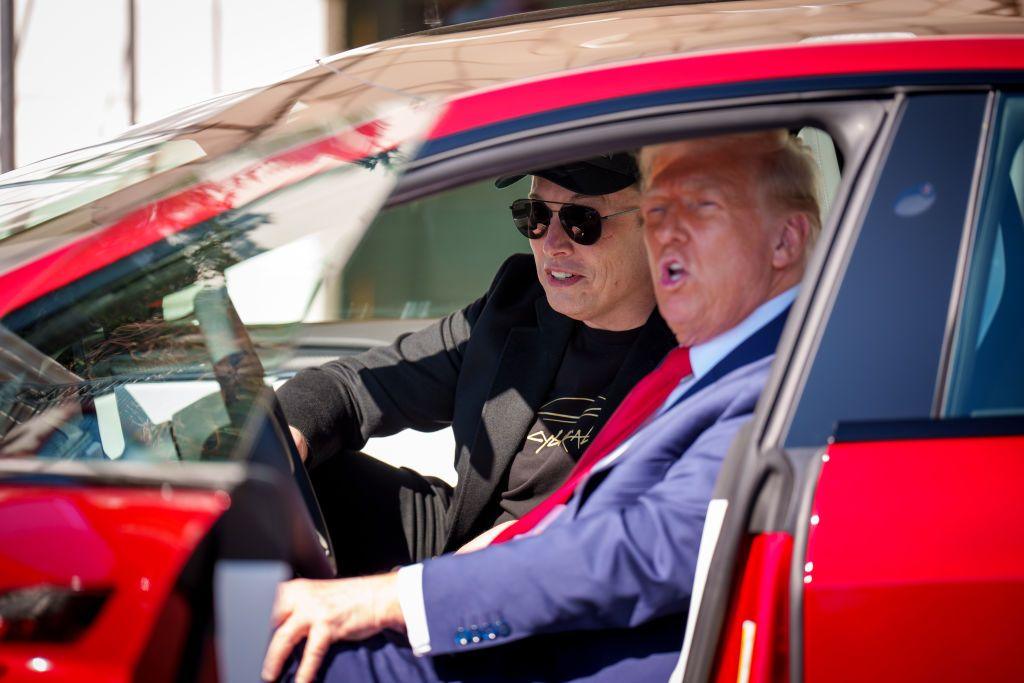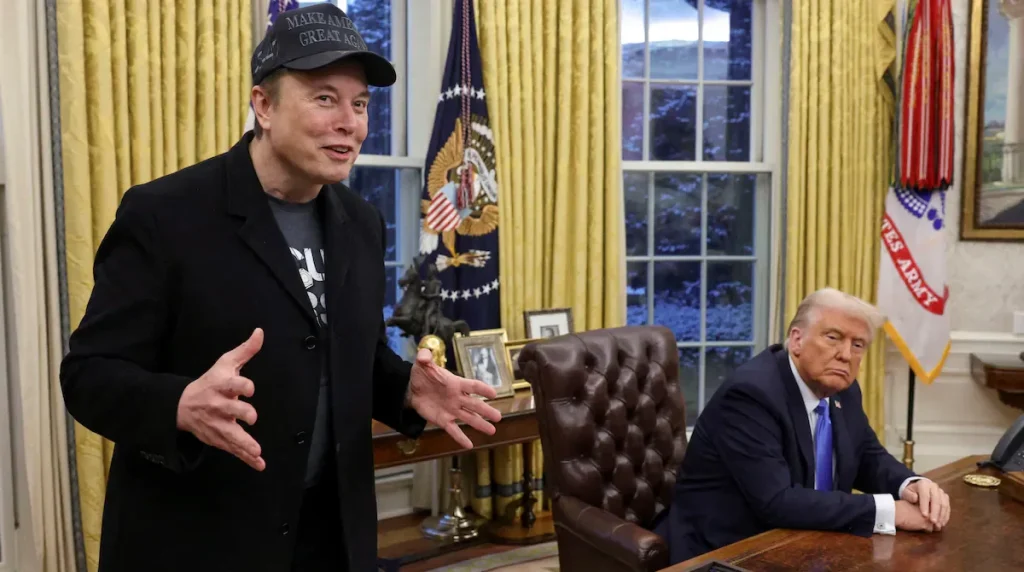Understand Your Rights. Solve Your Legal Problems


Voter Reward Plan Sparks Legal Alarm.
Elon Musk has backed away from a plan to hand out $2 million in checks tied to Wisconsin’s Supreme Court election, after state officials and legal experts raised concerns the offer might violate election laws.
Originally, Musk said he would give two people $1 million each as a “thank you” for voting in the race. That idea didn’t sit well with lawyers, who pointed out that Wisconsin law bans giving anything of value to someone in exchange for voting.

Elon Musk in the White House with President Donal Trump
The announcement came through a post on Musk’s platform, X (formerly Twitter), but it was quickly deleted. The offer drew criticism from across the political spectrum, with many seeing it as a clear case of vote buying — a felony under Wisconsin election statutes.
After deleting the post, Musk tried to reframe the plan. Instead of rewarding voters, he said the checks would go to people who signed a petition opposing “activist judges.” He called these individuals “spokespeople” for judicial reform. Still, legal experts and state officials weren’t convinced this version was any better.
Wisconsin Attorney General Josh Kaul moved fast, filing for an emergency injunction to stop the plan before it went any further. Kaul said that even if the money wasn’t directly tied to voting anymore, it still raised red flags under campaign finance and election integrity rules.
This controversy adds another layer to what’s already a high-stakes race for Wisconsin’s Supreme Court. The election pits conservative Brad Schimel against liberal Susan Crawford, with control of the court on the line. Musk and groups aligned with him have poured over $12 million into the race — making it the most expensive judicial election in U.S. history.
The court could shape Wisconsin’s future on abortion laws, redistricting, and voting access. That’s what’s really at stake — and why the race has drawn so much national attention.
What started as a flashy cash giveaway turned into a legal and political firestorm. It’s a reminder that when powerful figures try to sway elections — even state-level judicial ones — it doesn’t always go unnoticed.
As we head into more elections around the country, voters should keep an eye on not just the candidates, but the money and influence behind them.
Is it legal to offer money for voting?
No. In Wisconsin and across the U.S., offering money or gifts in exchange for voting is illegal.
Did Elon Musk actually give away any money?
No. The plan was scrapped after legal concerns were raised. No money was handed out.
What makes the Wisconsin Supreme Court race important?
This election could shift the court’s balance and affect major rulings on abortion, voting rights, and redistricting.
Why is Musk involved in a state court election?
He’s backed conservative candidates through political groups, hoping to influence outcomes on legal issues he’s outspoken about.
👉 Dive Into This Month’s Most Talked-About Stories:





